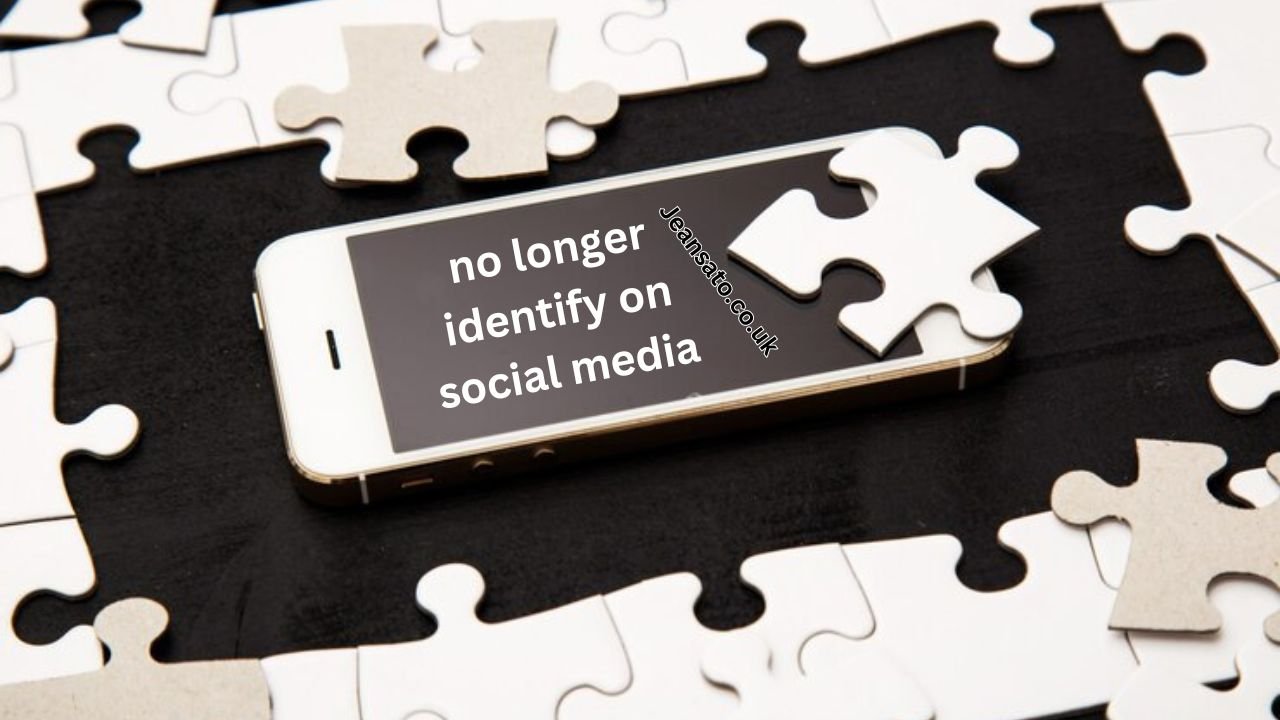In recent years, a noticeable trend has emerged on social media platforms: individuals are increasingly opting to maintain anonymity or use pseudonyms rather than revealing their true identities. This shift is driven by various factors, including privacy concerns, safety, and the desire to manage one’s online persona more carefully. This article explores why more people are choosing to no longer identify themselves on social media and what this means for the digital landscape.
1. Privacy Concerns
One of the primary reasons people are stepping back from identifying themselves on social media is heightened awareness of privacy issues. Social media platforms collect vast amounts of personal data, which can be exploited for targeted advertising, data mining, or even identity theft. By remaining anonymous or using pseudonyms, users aim to protect their personal information from being used without their consent.
2. Safety and Security
Online safety is another significant concern driving this trend. Social media can be a breeding ground for harassment, cyberbullying, and even stalking. By not revealing their real identities, individuals can shield themselves from potential threats and mitigate the risks associated with online interactions. Anonymity provides a layer of protection that can help users feel safer and more secure.
3. Freedom of Expression
Anonymity on social media allows individuals to express their thoughts and opinions more freely without fear of judgment or repercussions. People may feel more comfortable discussing sensitive topics, sharing personal experiences, or engaging in debates when their true identity is not attached to their posts. This freedom can lead to more honest and open communication.
4. Managing Online Persona
Maintaining a carefully curated online persona can be challenging. The pressure to conform to social norms or expectations can be overwhelming. By choosing not to identify themselves, individuals can separate their real lives from their online presence, allowing them to explore different aspects of their identity without the constraints of public scrutiny.
5. Professional and Personal Boundaries
The lines between personal and professional lives are often blurred on social media. Many people are concerned about the potential impact of their online behavior on their professional reputation. Anonymity or pseudonyms help create a boundary between their professional and personal lives, reducing the risk of unintended consequences.
6. Changing Social Norms
Social media norms are evolving, and as digital interactions become more prevalent, the traditional expectation of transparency is shifting. People are becoming more comfortable with the idea of digital anonymity as it becomes more normalized. This cultural shift reflects a broader change in how society views identity and privacy in the online world.
Conclusion
The decision to no longer identify oneself on social media is a response to a complex mix of privacy concerns, safety considerations, and personal preferences. As social media continues to evolve, the importance of understanding and respecting users’ choices regarding anonymity will become increasingly critical. By recognizing the motivations behind this trend, we can foster a more inclusive and respectful digital environment where individuals feel empowered to engage without compromising their personal safety or privacy.











